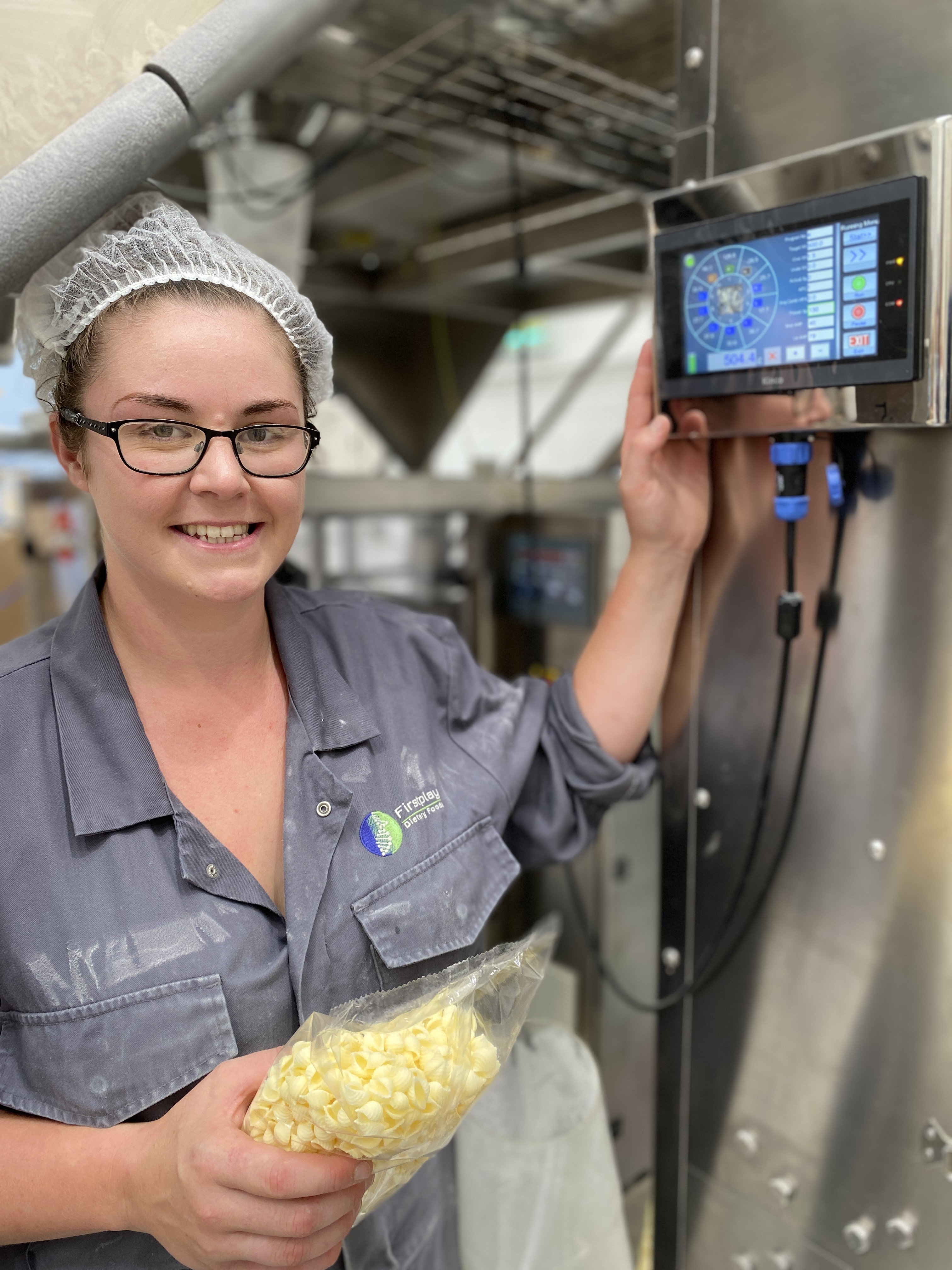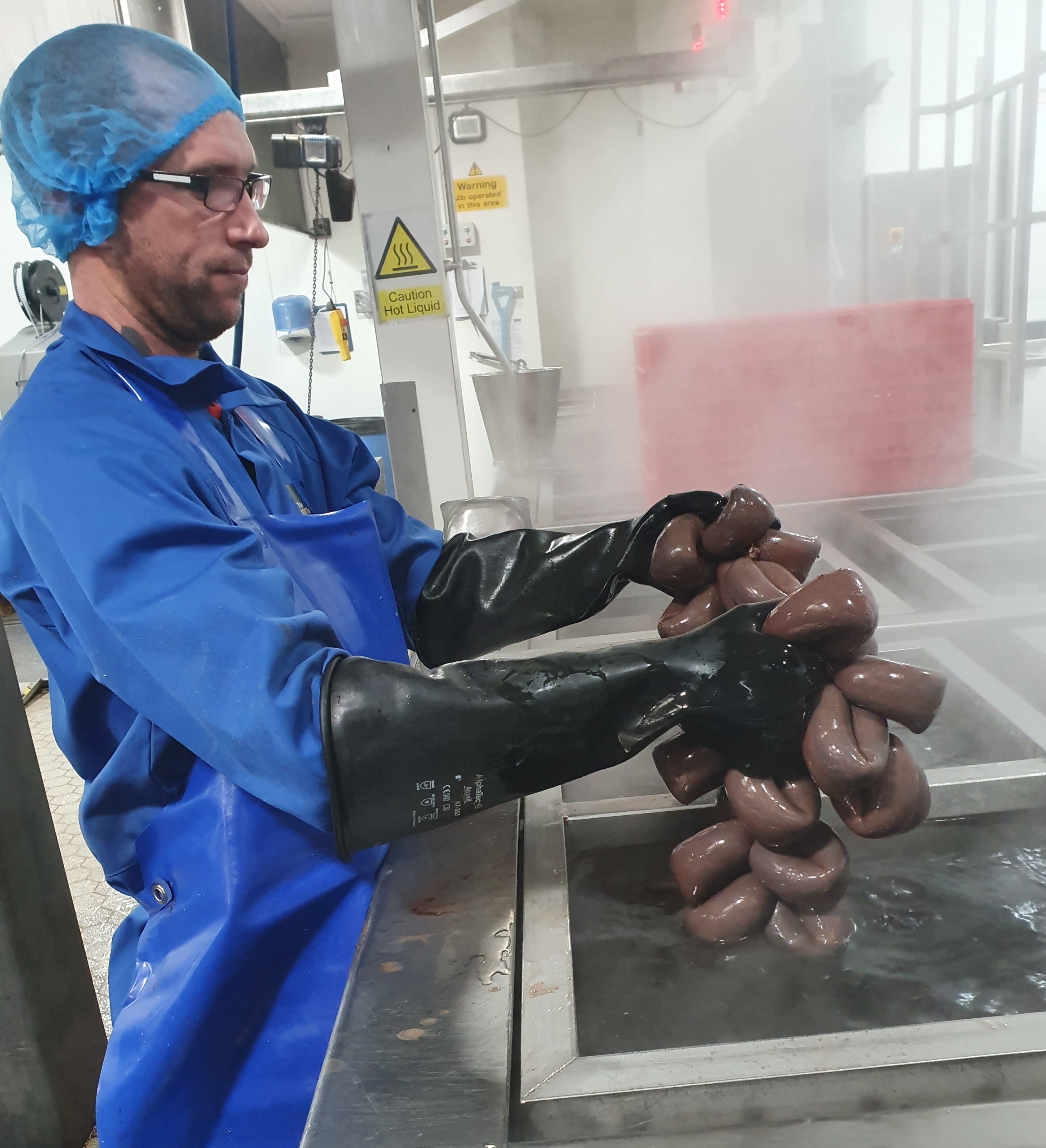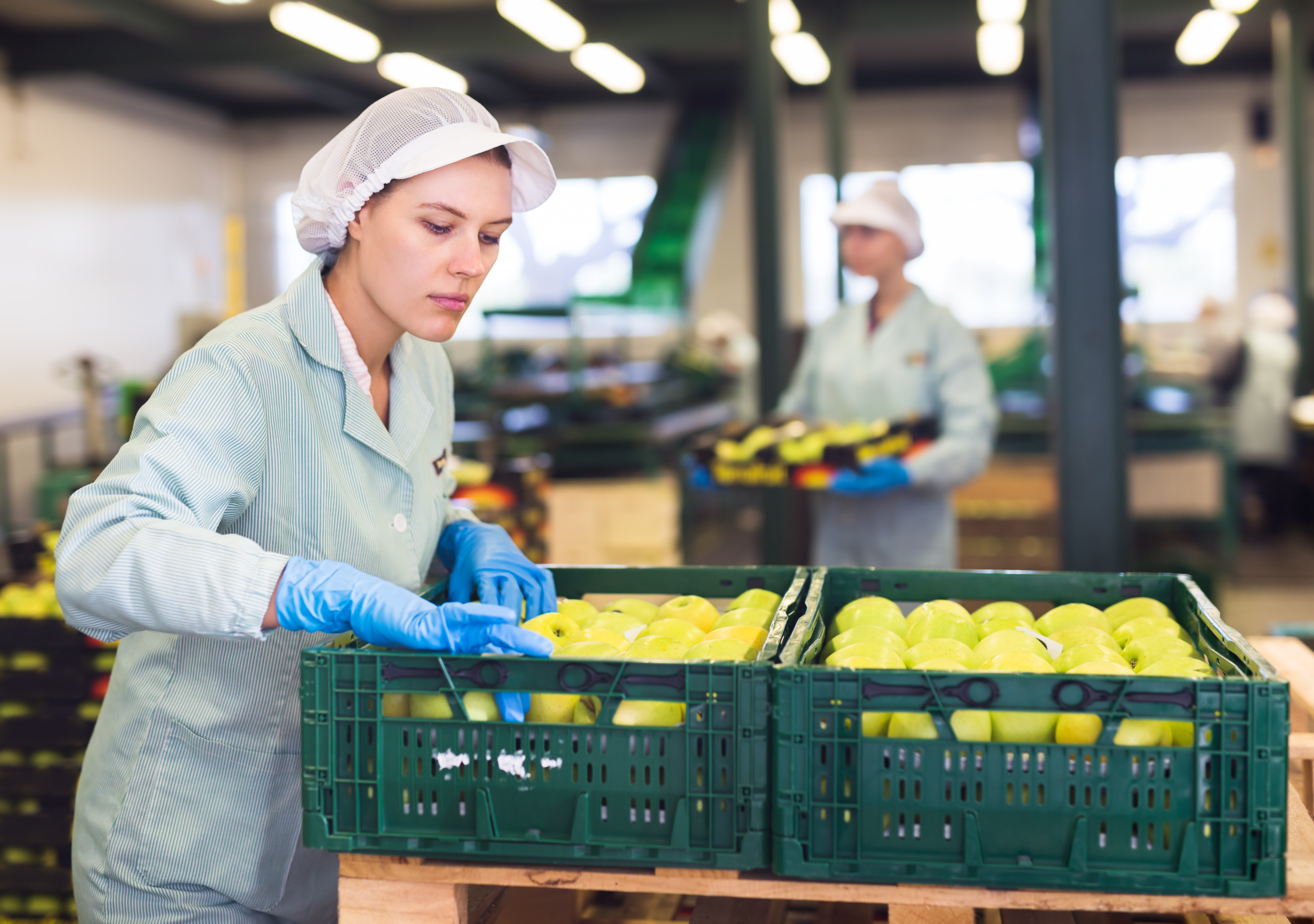
From humble beginnings in 1946, Bells of Lazonby has flourished from a small bakery into an iconic household name, producing four brands of artisan breads and baked goods from its bakeries in Cumbria.
The business, founded by Second World War veteran John Bell, now has 250 staff and produces baked goods for major supermarkets and high street coffee shops, has kept pace with changes in technology and taste. In a competitive market, Bells of Lazonby, now run by John’s son Michael, recognises the need to innovate and invest to keep ahead of the pack - which is why they turned to Made Smarter.
View the Case StudyWe have to keep developing new ways to do things and to produce more with what we’ve got. It’s the only way we can keep growing.
Michael Bell, Managing Director of Bells of Lazonby
Across its two bakeries, portioned cake and gluten free slices accounts for over 50% of Bells of Lazonby’s turnover. Demand is increasing, but the business is close to capacity because production processes are unable to cope with increased throughput.
Michael Bell, Managing Director, explained: “The cake-cutting process currently requires a lot of manual handling such as loading, unloading and packaging the products. These manual processes, as well as the current machinery we use, slow us down and result in inconsistency in the quality of the cut products. Our sales have grown tremendously in the last 24 months and we are in danger of having to turn new customers away unless we find a more efficient solution.”
To capitalise on the growing ‘free from’ market, Bells of Lazonby has committed almost £2M to double the size of its special diet factory and invest in a raft of new manufacturing technologies. Using match-funding from Made Smarter the business is adopting two programmable ultrasonic cutting robots.
The robots will be capable of slicing cake in an infinite number of sizes and shapes, which means operators won’t have to change the cut pattern between products and can be moved to other areas of the bakery. This will save a considerable amount of time. These robots will link to an enterprise resource planning (ERP) system and will be programmable to take into account customer orders, resources, and the fluctuation of the price of the ingredients.
Michael said: “Data integration is a very important aspect of this project. It will allow us to analyse production processes and provide a knowledge bank for future investments and improvements.”
The introduction of robotics is expected to speed up production time, increase accuracy, reduce wastage and increase profitability. By speeding up the process using robotics, Bells of Lazonby estimate that it can increase capacity by 25%.
Michael said: “These robots will ensure that we can make things efficiently. But at our heart we are bakers, and this is a bakery where human intervention is vital. We make cake just the same as you would at home, by mixing all the ingredients in a bowl – except our mixing bowl contains 300kg of cake mix.”
With the first robot due to arrive soon, Bells of Lazonby are keen to ensure the new process is tried and tested before robot two arrives in 2020.
The robotic systems are a stepping stone to enable other processes within the cutting line to be automated, and a catalyst towards full digital technologies adoption and integration for the business.
Michael said the investment was necessary to stay ahead of the competition.
“The only way we have developed our business here in rural Cumbria is that we’ve been incredibly innovative,” he said. “We did this in our coffee shop cakes, finishes, flavour profiles, decoration, as well as what we’ve done in special diet produce. We strive to innovate, but if we are not careful when we build a market for something, and it gets to a certain point, others jump on the band wagon and profit from it.
“We have to keep developing new ways to do things and to produce more with what we’ve got. It’s the only way we can keep growing.”








